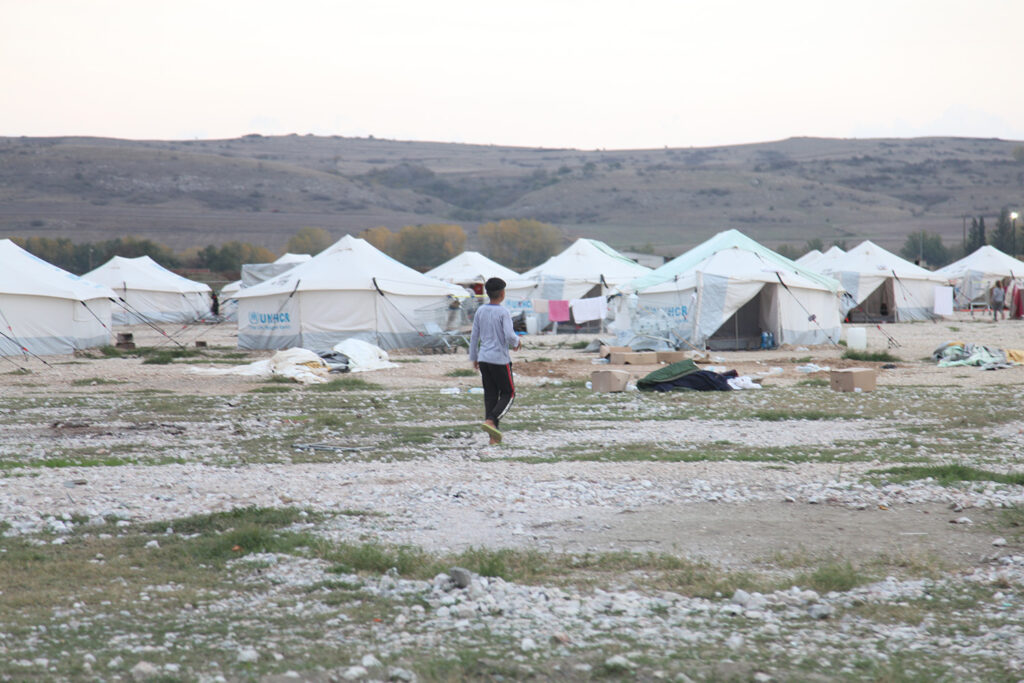Environmental Scarcity and Violent Conflict: The Case of South Africa
Valerie Percival and Thomas Homer-Dixon | The causal relationship between environmental scarcities – the scarcity of renewable resources – and the outbreak of violent conflict is complex. This article analyses the link between South Africa’s environmental scarcity and violent conflict.









